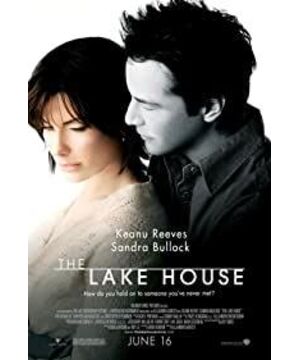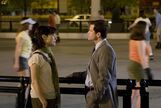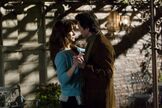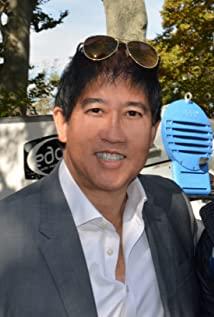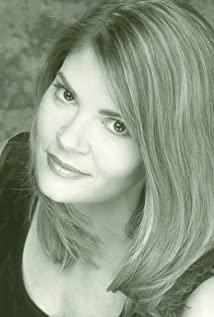If a Dostoevsky and Austen novel appears in a movie, then you can consider it a screenplay adapted from a petty bourgeoisie.
And if the topic of architecture comes up in a Chicago film, then it could be a script adapted by a petty bourgeois artistic youth.
The above two elements appear in this film. Unfortunately, the material is a Korean time-travel film, so the conclusion is that this is a Korean film adapted by a young American screenwriter.
In addition to the natural cartilage of the main plot, I like everything else very much, especially the contradiction between the architect and his son, which in the context of Chicago can not help but remind people of some prominent names. As for the relationship between people's residence and nature, the subtle difference between home and house is also beautifully explained.
Even the emotional basis for the theme of spiritual love is very touching. In an era where everything is immediately available, and transportation and communications have shortened the distance to within reach, it seems that waiting has become a luxury, and text communication has become a classic romanticism. Only a dislocation in space and time can create such a scenario.
A Chicago film critic gave it an A- rating, lamenting that such a romantic film has only a few kissing scenes. In the eyes of Americans, it is really restrained enough, and there is a mysterious longing brought by repression and waiting.
It's actually not a good movie, really, but it's endearing and the cast of male and female leads is convincing.
View more about The Lake House reviews


